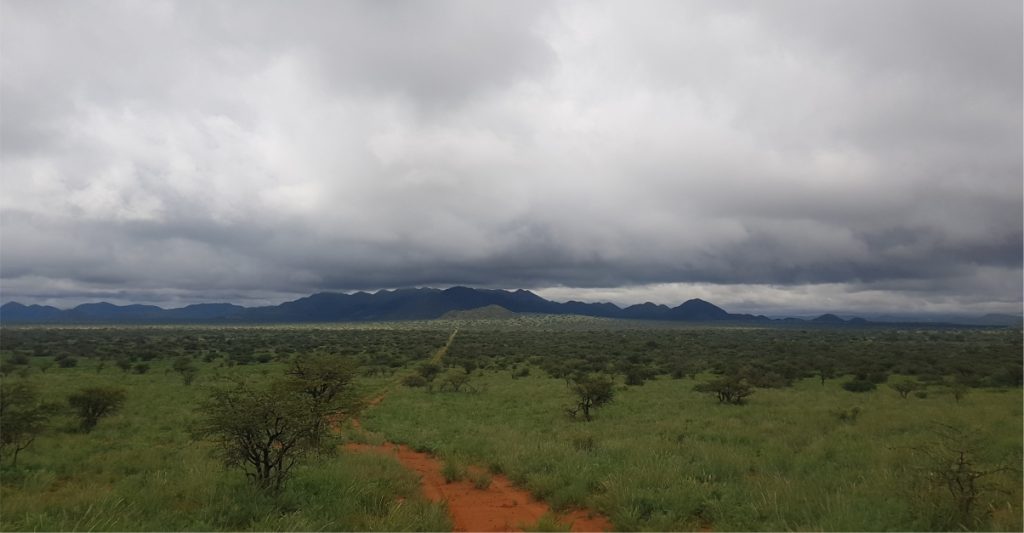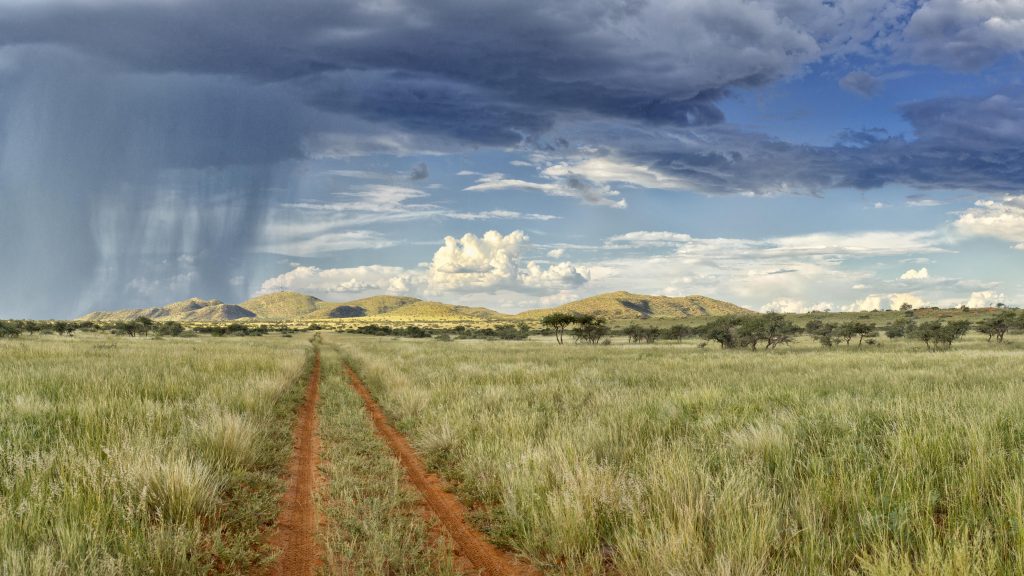RESEARCH
The Tswalu Foundation actively supports various environmental research projects, with a special focus on biodiversity and regenerative land management projects. While the Tswalu Foundation recognises and supports the role of pure science within the research field, there is a need to generate targeted, tangible research to inform conservation decisions on the reserve. The benefits of targeted research extend beyond Tswalu, adding to a collective knowledge base that has already assisted conservationists in wilderness areas in other parts of Africa as well as those working in academic fields.
RESEARCH THEMES
Through the cutting-edge research undertaken on Tswalu, the Tswalu Foundation aims to contribute in a meaningful way to scientific and ecological management knowledge both locally and internationally. Selected research projects fall within one or more themes that have been identified by the Tswalu Foundation, including biodiversity conservation, land restoration, archaeology, and climate change.
FUTURE PROJECTS
For new project proposals, please get in touch with the foundation’s Research Associate, Pumla Dlamini:

BIODIVERSITY CONSERVATION
Biological diversity at all levels is being lost at an unprecedented rate, many referring to the observed losses as the start of Earth’s sixth mass extinction episode. Factors such as habitat fragmentation and environmental degradation are influencing the distribution and abundance of species, often in ways that are impossible to predict.
READ MORE
CLIMATE CHANGE
During Earth’s long history, natural processes such as variations in solar radiation, orbital vicissitudes and even continental drift caused changes in temperature and rainfall patterns and inevitably impacted on biodiversity and species patterns and abundances. Climate change is thus regarded by many as a natural phenomenon.
READ MORE
LAND RESTORATION
Understanding the human impact on the Kalahari ecosystem is critical. Archaeological sites on Tswalu and in the surrounding areas are being documented. There is a need to establish the human time line within the Kalahari, closely identifying the eras. These will form layers in our knowledge of the archaeology and palaeontology of the area. The use of current techniques in remote sensing to identify areas with fossil and other archaeological sites is adding significantly to our understanding of human impact.
READ MOREBASELINE DATA COLLECTION
Tswalu aims to have an understanding of current plant, mammals, birds, reptile and invertebrate species richness, diversity and abundance. This requires clear baselines on which we can identify increases or decreases in a species as well as community composition. Identifying essential ecological processes in the Kalahari and how these processes are changing over time is a vital measuring tool and an important function of research on Tswalu. It is important to understand more about the key elements causing shifts in species or community structure and how this impacts Tswalu as a whole. Species composition, changes over time and understanding of how dramatic and rapid these changes are will be important in the future and have implications for the ecological integrity of Tswalu.
